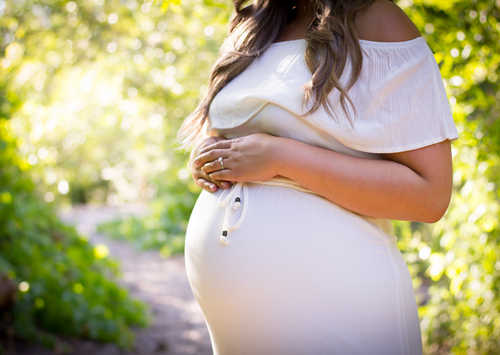Ophthalmologist Daria Baryshnikova answers the most common questions that concern many expectant mothers.
Childbirth inevitably affects the health status of the woman giving birth. Certain changes can occur in the work of various organs, and the organs of vision in this case are no exception. Therefore, women with vision problems are puzzled by how to give birth the most safely for themselves.
How does childbirth affect vision?
Is it true that you can’t give birth on your own?
Currently, the widespread point of view is that women with vision problems, including myopia, eye diseases, should not give birth on their own. Allegedly, attempts at childbirth can very negatively affect vision. But, in reality, one should not be categorical: each person is an individuality in everything, including the organs of vision. Therefore, it is necessary to study and compare a number of factors: a woman’s age, visual acuity, general health, retina, and pregnancy complications. But, even having an idea of how a woman feels, in what condition her body is, it is impossible to fully have a clear prognosis for childbirth.
The risk is associated with the fact that the woman in labor is pushing with all the muscles of the body, including the eye muscles. As a result, small vessels in the eyes may burst, the eye retina may exfoliate. But if a woman is okay with the fundus and the retina, but simply has problems with diopters, for example, myopia, then there are no obstacles to natural childbirth.

Is it necessary to have a cesarean section?
Caesarean section is called the most recommended birth procedure for women with vision problems. In fact, caesarean section should be done only for those women who have problems with the fundus and the retina. The main contraindications for natural childbirth include: rapidly progressive myopia with an annual visual impairment of 1-2 diopters, high myopia in a single sighted eye, tears and pre-tears of the retina, optic nerve edema, recent retinal surgery, eye retinal hemorrhage, and detachment.
If a woman simply has myopia, then she is not an obstacle to natural birth, and it is not necessary to decide on a cesarean section. Many women with myopia calmly give birth to children in a natural way and do not experience any problems. But you should not relax – all patients with myopia are included in the potential risk group and must undergo a thorough examination not only by a gynecologist, but also by an ophthalmologist, having received a birth permit after the examination in a natural way.

Is it true that vision improves after childbirth?
There is a fairly common myth that vision can improve after childbirth, especially if a pregnant woman has slight myopia. This myth is based on some real stories when, indeed, women have improved vision. What may be associated with such an improvement in vision?
In some cases, in women, vision problems are associated with pinching of nerves, muscle spasms, and during childbirth, spasms weaken, stagnations in the cardiovascular system disappear and, accordingly, vision becomes better. But putting an equal sign between eye therapy and childbirth is not worth it – we are talking about isolated cases of improved vision, on the basis of which it is impossible to build any single concept linking childbirth and the eradication of eye diseases.



